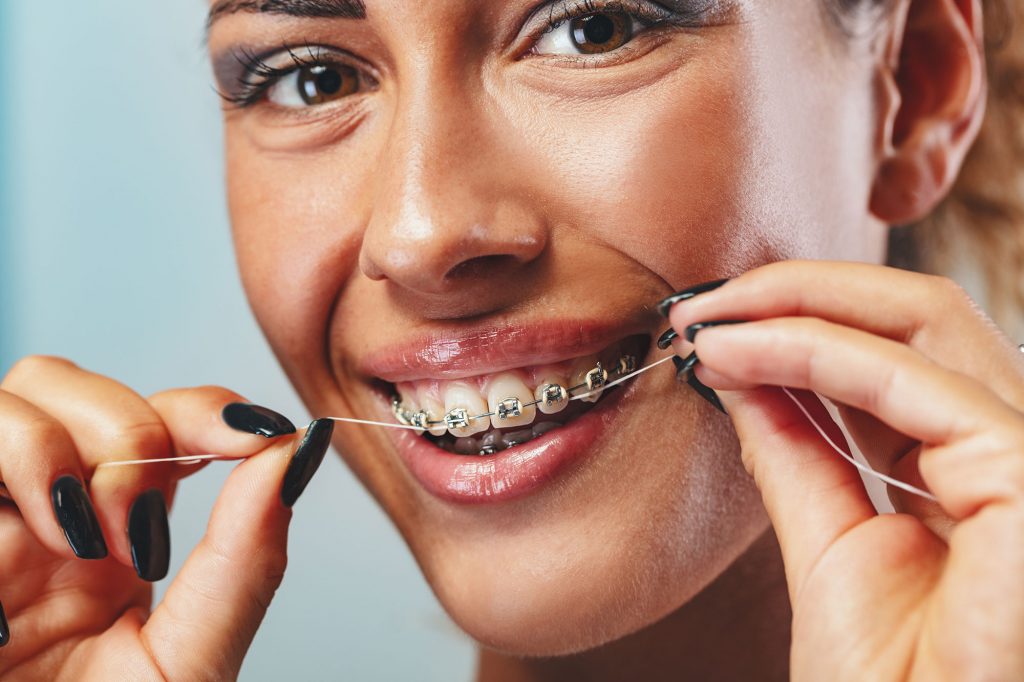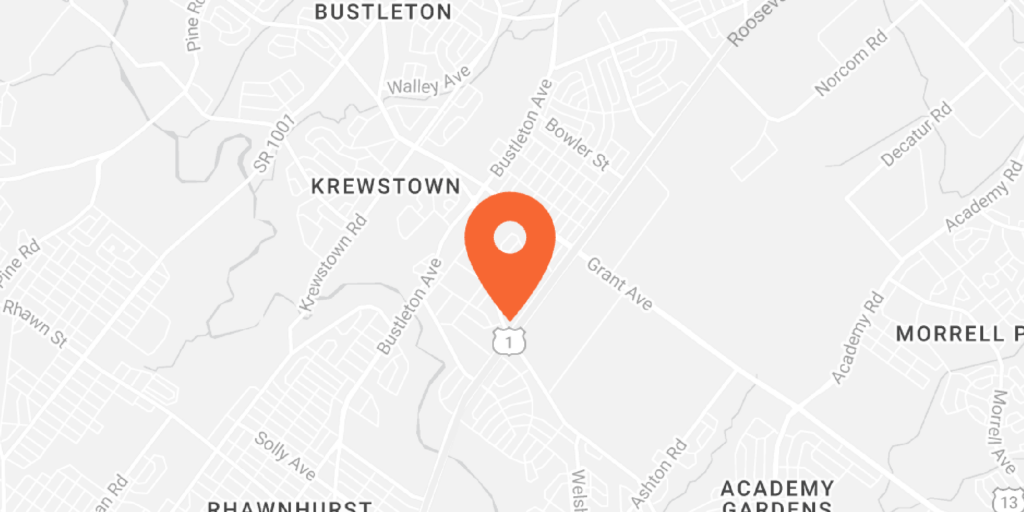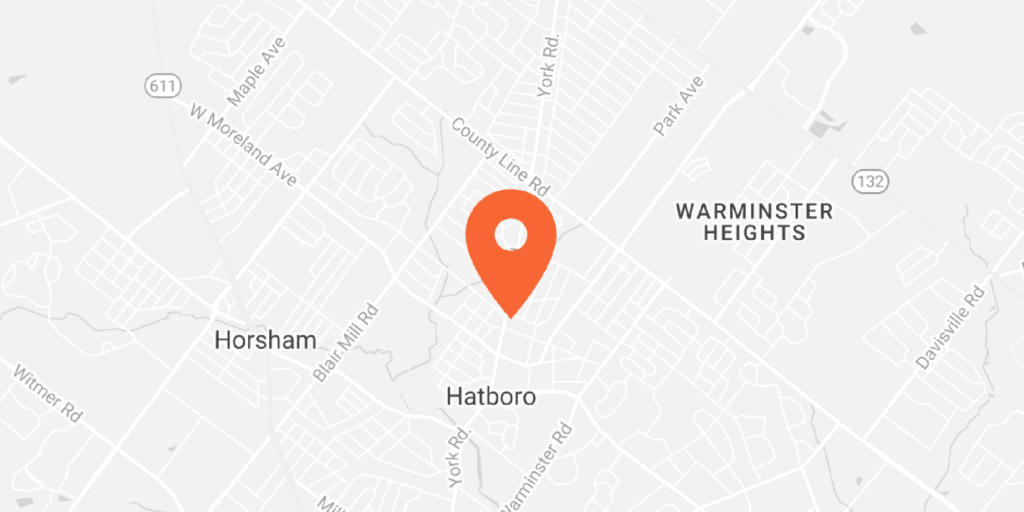With the rise of COVID-19 in the United States, many medical providers have cut back their services in order to slow the spread of the virus and minimize exposure to clients. This includes many orthodontists’ offices. However, this doesn’t mean that if something has gone wrong and you’re experiencing an issue with your orthodontic care that you should suffer.
If you are experiencing an orthodontic issue and are in a non-emergency situation, in many circumstances you should be able to call your orthodontist to get tips on how to deal with the issue at hand. Many problems can be brought to a solution over the phone or virtually. Notifying your orthodontist of problems that occur is always recommended.
We’ve gone ahead and assembled a list of tips and tricks that may be able to help you if you’re experiencing a non-emergency orthodontic issue at home. If you are having an emergency issue, always schedule an appointment with your orthodontist in order to rectify the situation without potentially causing any damage to yourself or your treatment plan.
The Orthodontic Care DIY Toolbox
The following list is a Do-It-Yourself toolbox that can provide you relief if you are facing a non-emergency orthodontic issue. This tiny disaster-preparedness kit can likely get you through the majority of problems that can pop up during your orthodontic treatment:
- Orthodontic relief wax
- Dental floss
- Disinfected tweezers
- Q-Tips
- Salt, used to create a rinse
- An interproximal brush
- Toothpicks
- Non-prescription pain relievers, such as ibuprofen, aspirin, or acetaminophen
- Topical anesthetic, such as Ora-Gel
If you have these tools available, most non-emergency orthodontic care dilemmas can be handled at home. When questioning whether a problem with your orthodontic care is an emergency, please reach out to your orthodontist’s office for further information.
Lost an O-Ring?
An O-Ring is either a small rubber band or thin wire that holds your brace’s wire into the bracket, which is usually attached to the tooth. When this band pops off, you will often know, because the bracket will be exposed to your lip or the wire will be out of place.
If the O-Ring has just popped off, you can reattach it with a pair of disinfected tweezers. When the O-Ring is wire, if it’s come loose just pull it out. Typically problems with wire O-Rings require the ring to be replaced. If the wire is coming off slightly or is poking you, using a q-tip, push it back down so that it doesn’t irritate your lip.
Are You Unduly Uncomfortable?
Orthodontic care can be a somewhat cumbersome process by nature, and you can get a little sore or achy. As your teeth move, you may find yourself uncomfortable for a couple of days. If the pain continues for longer than several days after your last adjustment, reach out to your orthodontist.
A warm salt water rinse and an over-the-counter pain reliever can do wonders to ease any ache caused by your orthodontic treatments.
Do You Have Sores in Your Mouth?
If your braces are irritating your mouth, it’s normal for some patients to develop mouth sores. These sores may appear on the inside of the cheeks, on the lips, or even on the tongue, and while they aren’t dangerous, they are definitely uncomfortable.
Topical anesthetic such as Ora-Gel can make a major difference if you’re experiencing mouth sores. Using a cotton swap or q-tip, apply the anesthetic directly to the sore. If you’ve had sores for a couple of days, or the sores you have are becoming worse over time, contact your orthodontist.
Do You Have Irritation in Your Mouth?
The tissues inside the mouth can be sensitive. Abrasions can occur from contact with your braces, especially when speaking or eating. Orthodontic relief wax will often relieve this irritation.
Take a small ball of wax and press it up onto the bracket in order to provide a buffer between your mouth and the brackets or wires. Wax is available for purchase at pharmacies and drug stores if you find yourself unable to get to an orthodontist.
Is Something Wedged in Your Braces?
If you are experiencing discomfort from something getting caught in your braces, or have ongoing issues keeping an area clean, an interproximal brush can help you dislodge whatever is affecting you. Dental floss can also be beneficial for removing something that is caught in your braces, and can provide relief from irritation.
Protruding Wires?
Getting a good poke in the mouth by a protruding wire from your braces is definitely unpleasant. If the end of your braces wire has worked itself out, you can try to push it back into place with a q-tip, tooth pick, or disinfected tweezers.
If you are unable to push the wire back into place, ball up some relief gel in order to cover the irritating area from the wire. When experiencing problems with your braces wire, let your orthodontist know about any changes in position, such as protruding, bending, or popping out of brackets.
What if I’ve Loosened a Bracket or a Band?
If you’re experiencing a loosened bracket or band, you need to schedule an appointment with your orthodontist. They will be able to work with you to minimize contact while simultaneously taking care of your orthodontic issue.
Thank You for Working With Us in These Times
Taking care as these new situations arise allows our medical staff nationwide to serve more populations. If you are currently in the middle of an orthodontic treatment, we can understand how COVID-19 has affected your orthodontic care. We time our treatments to be as quick as possible, while giving you the best results, so changes in the timeline of your orthodontic plans can be an inconvenience.
If you have any questions or are facing an emergency with your orthodontic treatment, please feel free to reach out to us. We value our patients, and hope that you and yours are staying safe in these times.



